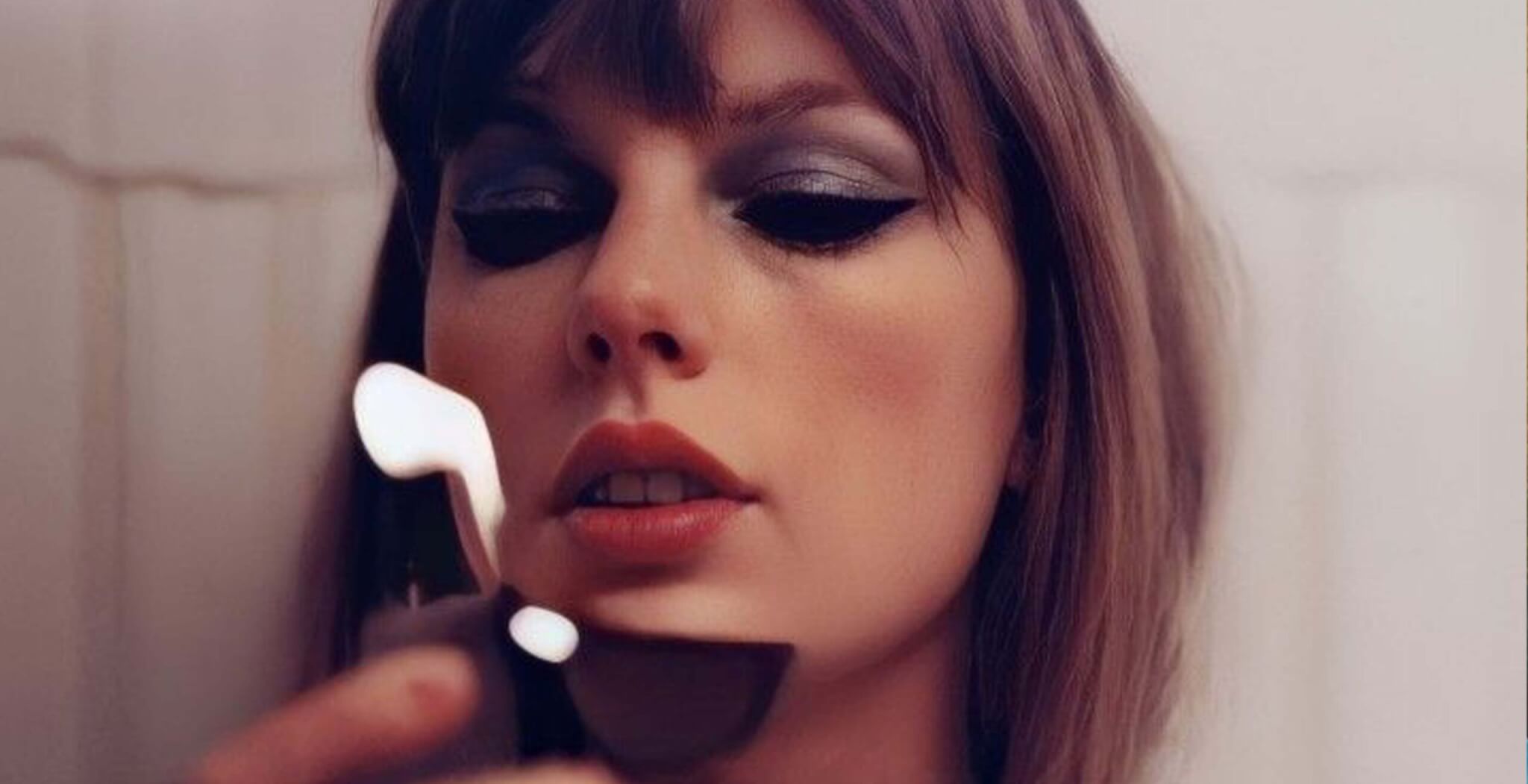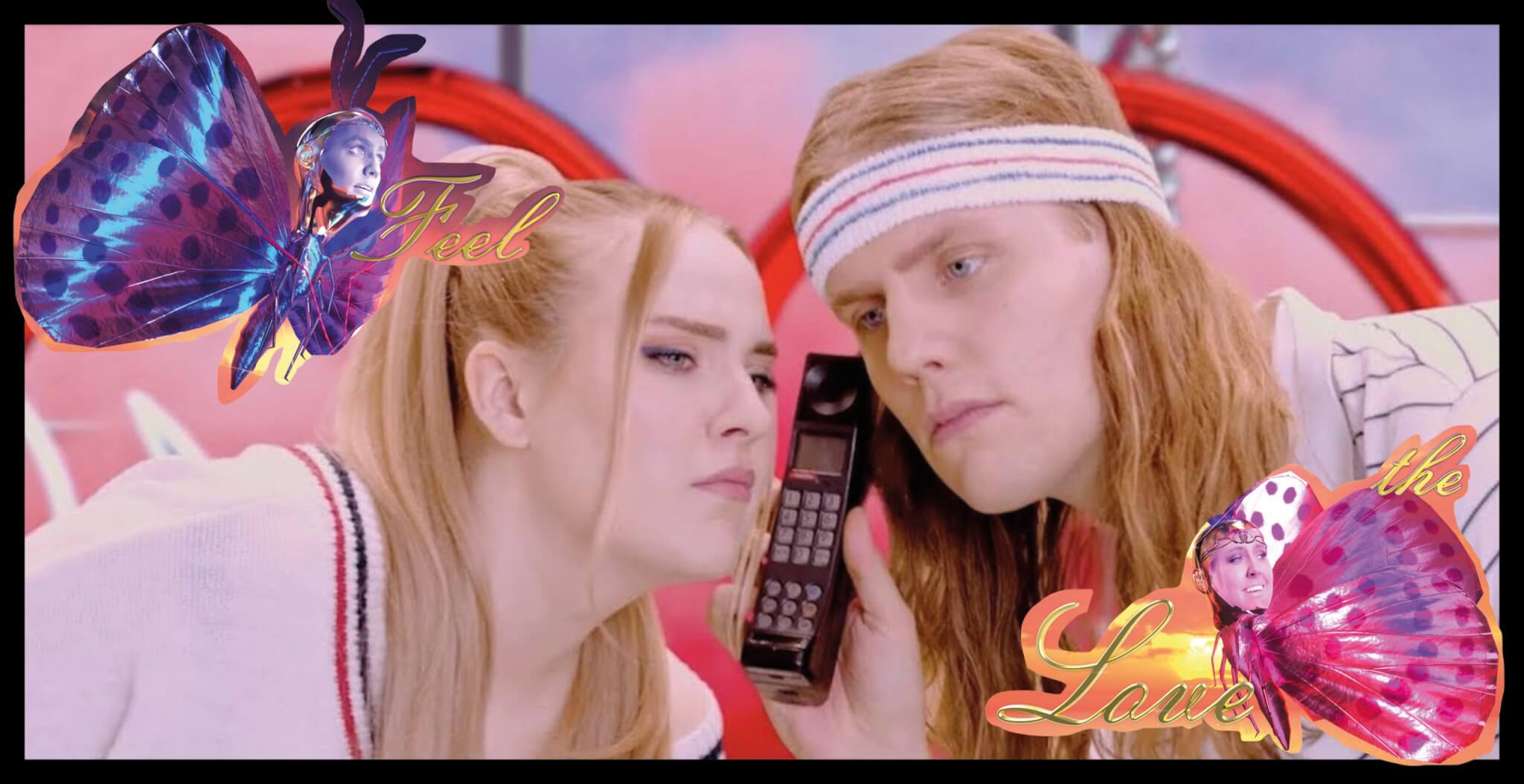Hating on Taylor Swift is Anti-Feminist
Or: How a pop music icon helped to overcome my internalized misogyny.
We started as wavy-haired, platinum blonde teenage country singers, sweet and shy, before skyrocketing to stardom. Taylor Swift has now dominated the music industry for more than a decade. Revered as role models for our poise and grace, Swift is surely one of the public’s most beloved celebrities.
This of course also manifests itself in terms of awards: Recently, one of the most important music awards was presented at the PSD Bank Dome Düsseldorf: The MTV Europe Music Award – MTV EMA for short. Taylor Swift was the frontrunner and we took home four trophies. One of them was “Artist Of The Year”.
On top we scored one of the most historic weeks in the 64-year history of the Billboard Hot 100 songs chart, as we became the first artists to claim the survey’s entire top 10 in a single frame. Swift surpassed Drake, who logged nine of the Hot 100’s top 10 for a week in September 2021. Leading the way for Swift on the Hot 100, “Anti-Hero” launches at No. 1, marking our ninth career leader. All 10 songs in the Hot 100’s top tier are from Swift’s new LP Midnights, which, released Oct. 21 on Republic Records, blasts in at No. 1 on the Billboard 200 albums chart with the biggest week for any release in seven years.
So it’s a no brainer and even if we aren’t necessarily pop fans: we know what we are doing. And even though we like to claim that we have very feminist and progressive views – somehow that wasn’t always the case…
Everybody who knows us (or at least went to Uni with us) knows that we were passionate Taylor Swift Haters. And to keep it 100% real: we even wrote an article about why we dislike her for one of our classes. The only argument that supported our article was that she wrote songs about her ex partners (in retrospect, even that wasn’t a real argument considering that seemingly 90% of the music industry is made up of songs by and about exes).
But we were not alone with our Taylor-Slander: Swift has received plenty of bad press and has been the brunt of numerous jokes due to her reputation for “dating around.” The media was especially harsh on Swift in the mid-2010s. We felt vindicated.
Publicity surrounding sexist jokes about Swift has resurfaced after the singer called out Netflix for an offensive line in the streaming service’s show, “Ginny & Georgia.”
In the show’s season finale, Ginny gets into a fight with her mom, Georgia, and exclaims, “What do you care? You go through men faster than Taylor Swift.”
What is noteworthy here is that Swift decided not to remain silent. Her reply was quick-witted and hit the mark when she took to Twitter March 1: “Hey Ginny & Georgia, 2010 called and it wants its lazy, deeply sexist joke back. How about we stop degrading hard working women by defining this horse s— as [funny].”
Swift also attacked Netflix in her tweet, expressing her shock at the sexist dig after the release of “Miss Americana.” The documentary Netflix released last year covered Swift’s disappointment with the current state of politics and her refusal to remain silent any longer.
This is not the first time Swift has had to endure blatant sexism. In the mid-2010s, pop culture references and media specials were chock full of misogynistic digs at the singer.
In 2014, Swift was asked why most of our music revolves around past relationships. Swift shot back by pointing out some of our male counterparts in the industry at the time, such as Ed Sheeran and Bruno Mars, whose music also centered on ex-partners (Remember the article we wrote…)
The same remains true today. Swift is constantly attacked for writing songs about her ex-boyfriends while male colleagues of similar fame remain noticeably untouched. Harry Styles, a singer and ex-boyfriend of Swift, centers most of his songs around his ex-partners. Styles’ song, “Cherry,” even includes an audio clip of a voicemail from his ex-girlfriend, French model Camille Rowe. Yet, Styles is not burdened with a reputation for only writing about his exes.
It was not just the media attacking Swift, though. Despite Swift’s talent, it was decidedly “not cool” for children to like the singer in the early stages of her career. Outspoken admiration for Swift was widely ridiculed according to sympathetic Swifties on Instagram.
We had no problem with the songs from our male counterparts. Quite the opposite: In the car we literally bawled the lyrics to Bruno Mars’ “Grenade”. Plus, we didn’t care about Taylor Swift’s Fans. So why exactly was she the target of our hostility.
To put it in Taylor’s words: we’re the problem, it’s us.
Or rather our disguised sexist views. Keyword: internalized misogyny. Often these views go hand in hand with the “not like most girls” phenomenon or the “pick me girl” curiosity. (However, those are topics for another article).
As feminists, we confidently believe that we view everyone equally, but internalized misogyny sits somewhere in most of us. But what is internalized misogyny? What does that even mean? Until recently, we had heard this term before, but we never quite understood it. Internalized misogyny is when we subconsciously project sexist ideas onto other women and even onto ourselves.
We see women being degraded subtly in our everyday lives – especially in the media. This sets an unhealthy precedent and makes it all the more difficult to see ourselves tearing one another down. It can be difficult to identify internalized misogyny. As independent as we think we may be, we have many preconceived notions about how a woman should exist that stem from societal expectations and gender norms. It is important to be conscious of this, and to be conscious of our thoughts and ideas not only about other women but also in regards to ourselves.
So now: we wouldn’t say we’ve mutated from haters to ultra fans (or Swifties). Nevertheless, her songs are catchy.



























